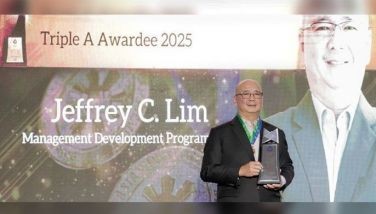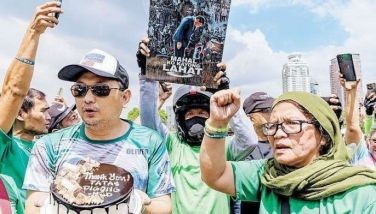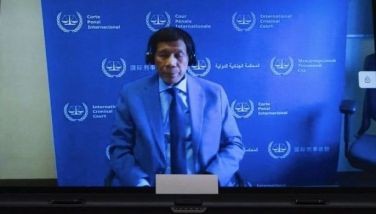What Does It Take to be a Transplant Coordinator
MANILA, Philippines - It is not the pay, and definitely not the working hours. Nobody will hardly ever call it glamorous. After all, where does glamour take place in a world of fast-paced deceased donor retrieval and kidney transplantation?
No, being a transplant coordinator is not the glamorous job everyone think it is.
What is there in transplant coordination that made me uproot myself from the wonderful and unpredictable world of ward nursing?
Let me put it this way: I can be everything. I get to practice the different sides of nursing – clinical, educational, research. There is an opportunity to be an ICU, ER and OR nurse, all at the same time. Even more, I get to do what I love to do – writing and teaching. Simply put, being a transplant coordinator is having a little of everything. I could not have it any better than that.
From the time a deceased donor is referred until organ retrieval, everybody goes into “urgent situation” mode. Everything is in done with outmost urgency. Blood extraction, central line insertion, vital signs and urine output monitoring – these are but a few of the routine work we do at the bedside. We have to check and monitor laboratory results as well, as these provide a clinical picture of the deceased donor. When the deceased donor is brought to the operating room, our job is to act as circulatory or scrub nurse. Back at the office, other transplant coordinators find a recipient using the waitlist, and utilizing the UNOS criteria. The process may take a few hours to a day. Needless to say, sleep is a luxury we cannot afford at this crucial time. Still, it does not end there. The job is not done up until the organs have been transplanted, the family of the deceased has been taken cared of, and the recipients are discharged a week later.
In transplant coordination, one never knows what a typical day will bring. What starts out as an ordinary day can end up exceptional – such as when a donor is found for a patient who is in severe need of a new kidney.
But that is not all. During days when there are no deceased donor referrals, the job requires giving pre-transplant orientations, conducting hospital visits, and following up laboratory work-ups of patients in the waiting list, among others.
Perhaps the biggest challenge facing a transplant coordinator is how to change people’s perception of organ donation. In a country where bayanihan is a virtue, and people do not hesitate to help a stranger in need, it is ironical that families are hesitant and oftentimes downright refuse to donate a deceased family member’s organs. Many are not aware that deceased organ donation is perfectly legal, and is not against any religious teaching. Convincing people of that fact is a challenging, albeit arduous, task.
Many issues surround organ donation. To find one’s self working amidst an environment of controversy is not easy. In spite of all the hard work, your motive will always be put into question – never mind that a lot of people are enjoying a new lease on life because of the kidney you so have tirelessly secured from a deceased donor.
Changing people’s perception on organ donation is undoubtedly a difficult task. But on a personal note, nothing is more difficult than working for something you do not believe in. Believing that organ donation is a step towards giving diseased patients a better quality of life is the backbone of being a transplant coordinator. That, coupled with hard work and compassion, is the very essence of being a transplant coordinator.
Nobody ever said that being a transplant coordinator is easy. Difficult? Yes. Challenging? Definitely. Rewarding? Absolutely!
- Latest































